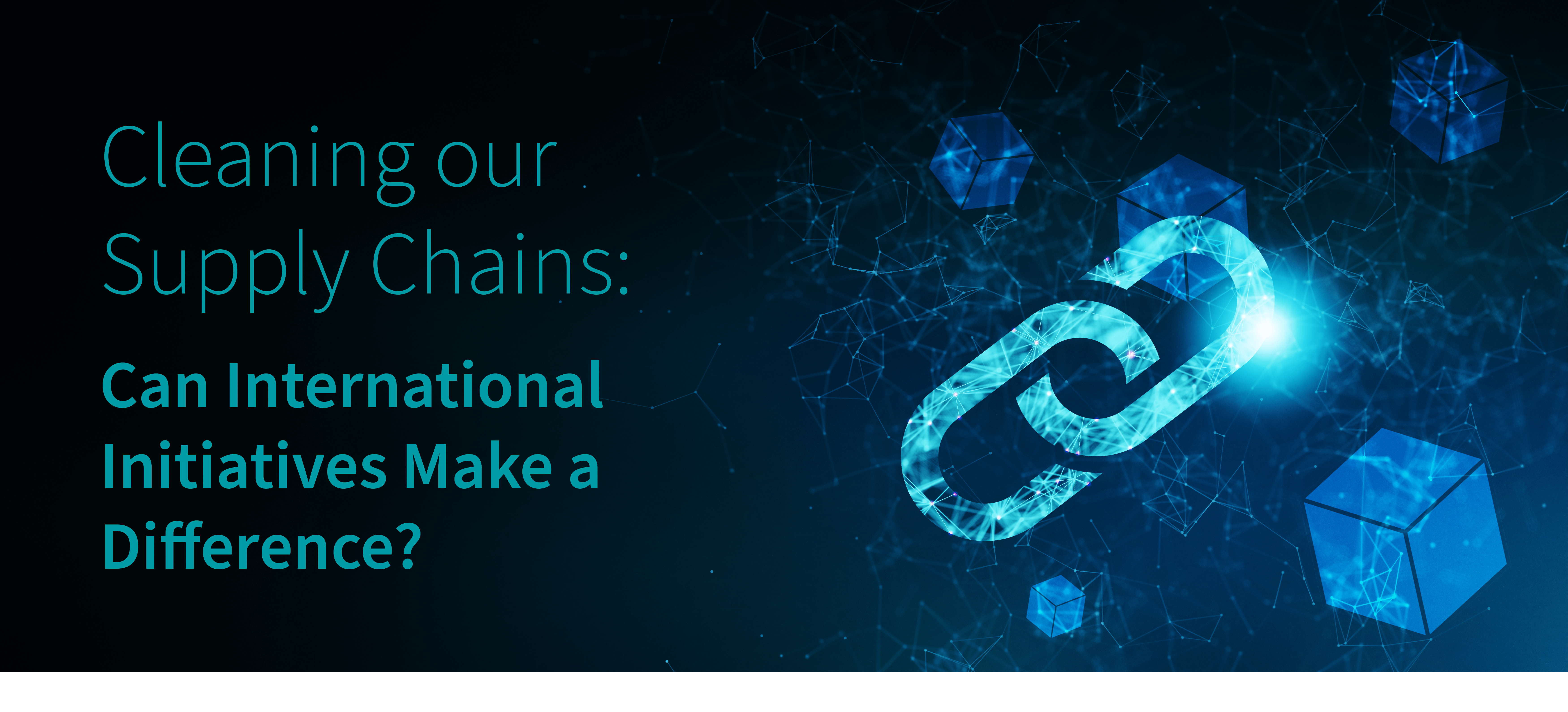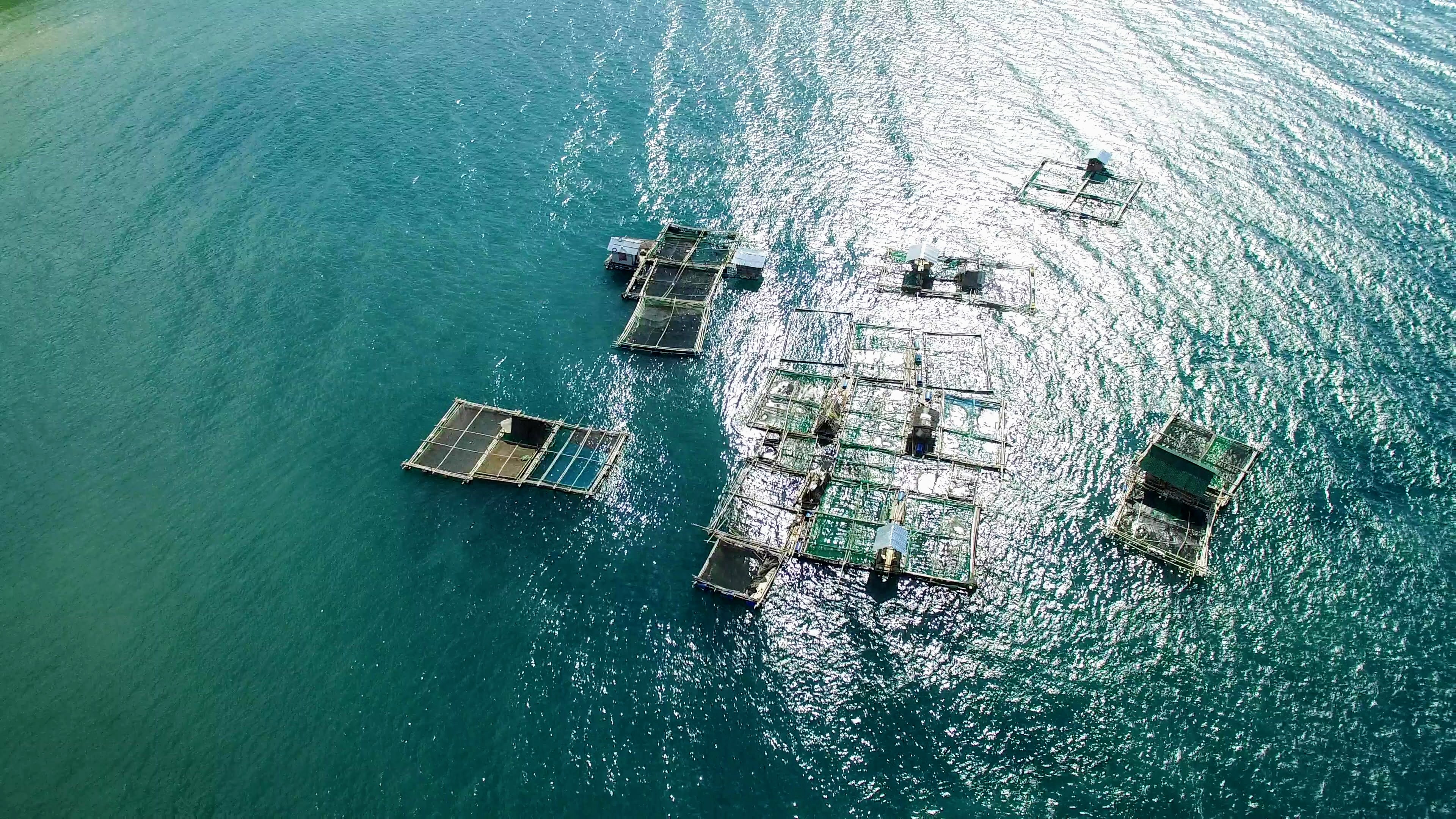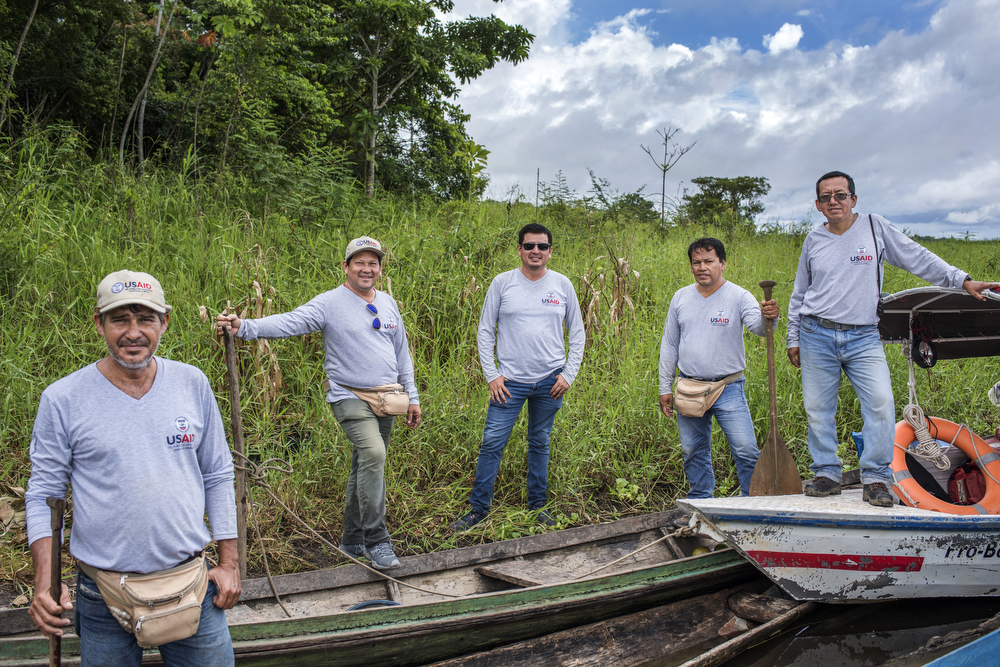
Conflict minerals and blood diamonds, environmental degradation, illegal fishing and logging, and child labor and human trafficking in apparel, agriculture and other sectors are all issues that surface in global supply chains with devastating consequences for local communities. There’s also a growing awareness of the threat these issues place on global security, ecosystems, and companies’ well-being.
In recognition of these harms, a growing number of consumers, investors, activists, policymakers, and business leaders are seeking to ensure that supply chains are “clean”—that is, free from illicit or unethical activity. In the last two decades, we’ve seen a range of actions, from legislation and voluntary standards to consumer boycotts, take aim at illicit and unethical trade. Yet today these harms continue, and in some cases, are flourishing.
Can international initiatives make a difference to improve how supplies are sourced?
I would say we’re in the middle of this work. Much remains to be done, but we can point to some successes. For example, consider the computer or phone you’re using to read this blog. Do you know if minerals used in their production were sourced by armed groups or with child or forced labor?
The answer today may be different than before the 2010 passage of the Dodd-Frank Act in the U.S., which aimed to reduce the use of conflict minerals. These minerals—principally the “3 Ts” of tantalum, tin, and tungsten as well as gold—had generated an estimated $185 million for armed groups in the DRC in 2008. The legislation required publicly traded companies to report to the U.S. Securities and Exchange Commission on whether minerals used in their products fueled conflict in the DRC or neighboring countries.
Key to the legislation’s passage was the Enough Project’s lobbying strategy, which galvanized consumer support and pursued relationships with leading corporations, including Hewlett Packard, Motorola, Intel, Nokia, Microsoft, and Dell. The law helped generate a two-tier market whereby the price for untraceable 3T minerals is significantly lower than the price for verified conflict-free minerals. This price difference has made the trade in 3T minerals significantly less lucrative for armed groups. In the first three years after Dodd-Frank was passed, the presence of armed groups at 3T mining sites declined from nearly 100 percent of mines to approximately 33 percent.

We’ve also seen the rise of voluntary certifications that products are clean. About half of the world’s coffee, a third of the world’s seafood, and 13 percent of the world’s forests are certified. While voluntary certifications have prompted some improvements in supply chains, they have not been as powerful as legislation because their sanctions are limited. In many supply chains, there is the potential to increase the impact of legislation and voluntary certifications by linking them together.
For example, many timber producing countries have legislation to trace the flow of timber products from harvest to manufacturing, such as Ghana’s Wood Tracking System, whereas voluntary certifications trace not all but some of the same information, such as the Forest Stewardship Council. Just making these systems transparent and linking them could strengthen them. Multistakeholder partnerships for monitoring, setting standards, and sharing best practices also offer significant potential for further improvements in supply chains.
In addition, there is an enormous potential for increased learning across different supply chains. Most of these efforts are specific to one supply chain. There is an opportunity to look at successes and innovations in traceability systems in one supply chain and assess its applicability to others. In particular, the transition to a green economy is increasing demand for climate-friendly minerals, including cobalt, graphite, lithium, copper, aluminum, nickel and chromium. Learning from diverse supply chain initiatives will be critical to supporting ethical and legal sourcing of these minerals.

Tetra Tech has been strengthening supply chains in multiple sectors and is poised to deepen this work. For example, Tetra Tech is implementing the USAID-funded Artisanal Mining and Property Rights project to support responsible gold and diamond supply chains in the Central African Republic as well as the USAID-funded Securing a Sustainable, Profitable, and Inclusive Forest Sector in Peru (Pro-Bosques) project to support compliance with environmental and forestry laws in timber supply chains. Tetra Tech previously implemented theUSAID Oceans and Fisheries Partnership (USAID Oceans) project to strengthen seafood traceability and reduce illegally sourced fish in seafood supply chains. In addition, Tetra Tech examined supply chain initiatives in the USAID Technical Guidance on The Development Response to Organized Crime.
As awareness of supply chain issues has grown, so too have the opportunities for addressing them. It is critical that we put them to good use. In this regard, we welcome USAID’s Grand Challenge on Combating Transnational Corruption, which seeks to engage a diverse range of stakeholders to develop, test, and accelerate solutions for transnational corruption including corruption that supports the kind of supply chain issues discussed in this blog.